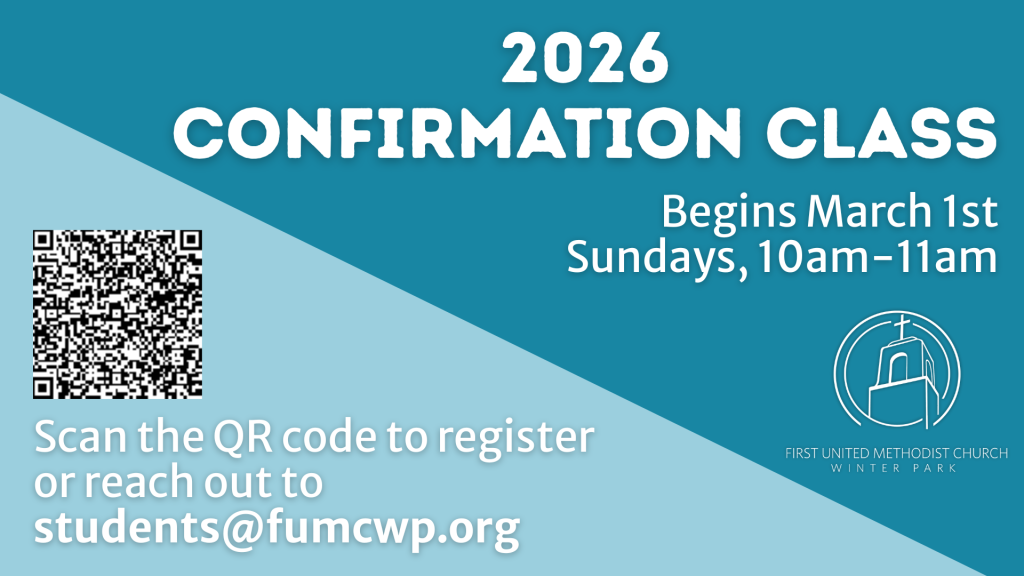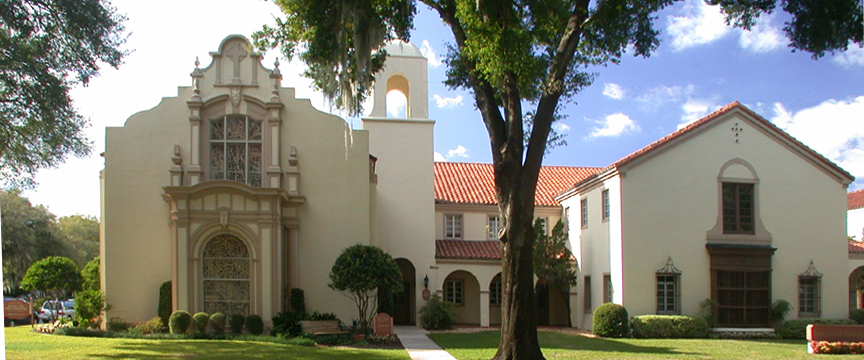During this time of pandemic, I am looking for hope (as I’m sure many of you are also). Our pastors have even titled our theme for this time as Finding Hope Together. I got to thinking about what Hope Together means. You know, it seems that together we’re a bunch who are trying to follow Jesus and we’re bound together as a FUMCWP family. So, at least that’s a start.
We’re a family, but we don’t always agree on everything – just like any other family. We can disagree on politics, the greatest athlete ever, the best barbecue, the best way eggs are prepared or who is better: the Beatles or the Stones. However, we did sign up to be a part of THIS family and work TOGETHER (just like a family usually does) to love one another and fulfill the mission of the United Methodist Church – that is, to create disciples of Jesus Christ for the transformation of the world. So, what are the basics for doing this? I ask this especially as we are weeks since celebrating the ultimate sign of hope – the resurrection of our Lord and Savior.
To understand better what the basics are for living and working to bring hope to this world from a United Methodist perspective, I went to my friend Google. Google found a page on the umc.org website that helped me understand how we United Methodist Easter People can apply God’s Hope in our lives to help transform the world. The text appears below. I challenge each of us to think and pray about how to use the gifts and talents God has given us in the places where God is leading us to be a Jesus disciple.
The funny thing about this text is that it comes from the United Methodist Member’s Handbook. Maybe I should get a copy – who knows what else I might learn.
Our Christian Roots: God’s Reign
Christian faith is, in part, a matter of hoping. We believe in and trust the Lord of the future, and we lean into the future that God has promised. God goes before us, beckoning us into the new world that is already being created, calling us to join in the challenging work of fashioning it.
However, when we’re confronted with personal disasters or with the daily horror stories of society’s ills, we may falter. Hope may seem to be unrealistic, naive optimism.
Yet our hope is not in trends. Our hope is in the Lord of all creation and all history — a God who is still in charge and is actively at work transforming the world. How do we know this?
The coming shalom
The Bible is a book of God’s promises. It may seem to be about the past, but its outlook is toward the future. From promises in the Book of Genesis to Abraham and Sarah for a new land, a son, and countless descendants (chapter 17), to promises in the Book of Revelation of a “new heaven and a new earth” (21:1), God was helping biblical people live into the vision of creation’s ultimate goal.
The Old Testament (Hebrew Bible) uses the word shalom to describe God’s future. We often translate this word as “peace,” but it means more than that. Shalom means a world of plenty, of personal and interpersonal harmony and righteousness, of liberation, of just economic practices, and of ordered political relations.
The coming kingdom
For Jesus, the shalom of God was the kingdom of God, the coming reign of God in human hearts and in all human affairs. In fact he proclaimed that this reign already “has come near” (Mark 1:15) and that the decision about one’s part in it was an urgent necessity: “Strive first for the kingdom of God and his righteousness” (Matthew 6:33).
In the resurrection of our Lord, his amazed followers recognized that God’s reign was breaking into their lives: “So if anyone is in Christ, there is a new creation: everything old has passed away; see, everything has become new!” (2 Corinthians 5:17). The old regime of hostility, greed, injustice, and violence was obsolete and dying. The new order was coming in: “See, I am making all things new” (Revelation 21:5). For those who see with the eyes of faith, it is apparent that our common human future on earth is indeed the promised reign of God.
The church as a sign of the future
There are signs of the coming Kingdom all about us — from random acts of kindness by individuals to the worldwide family’s growth in tolerance and cooperation. In particular we see the church as a sign of the Kingdom. Imperfect as it is, the community of believers nevertheless provides the best clue we have to God’s vision. Day after day, we see deeds of Christian courage, of compassion and reconciliation, of integrity in the face of temptation, and of witness for truth and justice.
Our part
And what is our role — to sit back and simply wait for God’s kingdom to arrive? By no means! We are to pray earnestly for the Kingdom to come on earth (Matthew 6:10). We are to watch faithfully for any signs of its coming (Matthew 25:13). We are to put away our old selves and clothe ourselves “with the new self, created according to the likeness of God in true righteousness and holiness” (Ephesians 4:24). As renewed people, we’re to do “the work of ministry” (Ephesians 4:12). As Easter people witness and serve, we take part in the Kingdom’s dawning. Thy Kingdom come!
From United Methodist Member’s Handbook, Revised by George Koehler (Discipleship Resources, 2006), pp. 90-91.











